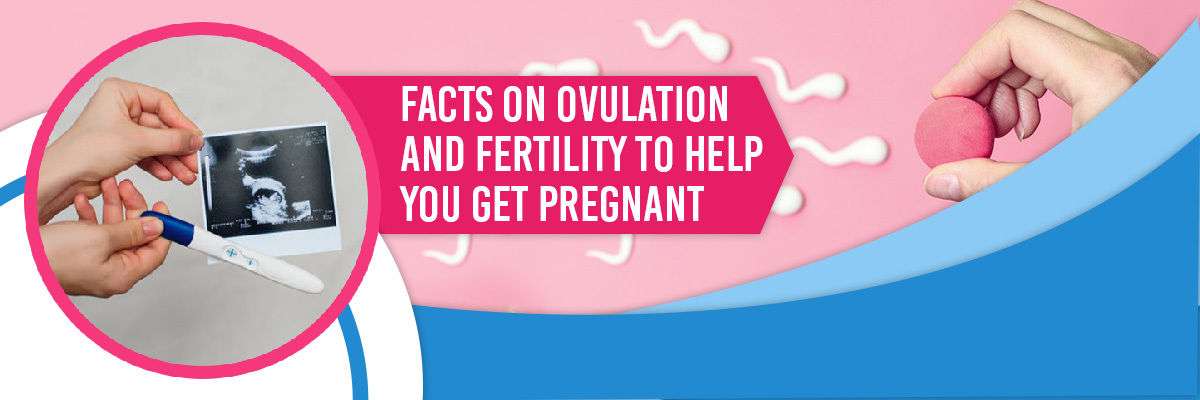Infertility is a disorder of the female or male reproductive system described by the inability to conceive after 12 months or more of unprotected sexual activity. Primary infertility refers to the failure to conceive at all, whereas secondary infertility is unable to conceive after a previous successful conception.
Sometimes, it may be just the timing and frequency of your sexual intercourse that may be hindering your chances of becoming pregnant.
Dr. Hrishikesh Pai, among the best gynecologist doctors in Mumbai, has helped many men and women struggling with starting a family by providing them with the best suitable treatment.
In this article, we learn about the relationship between ovulation and fertility and how it can help you to get pregnant.
What is ovulation?
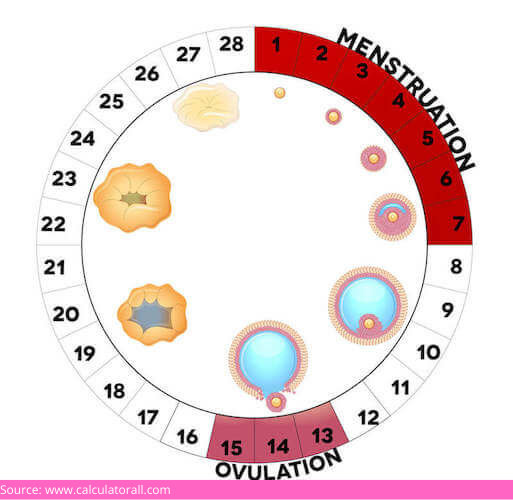
Every month, there is a fertile window when you have more chances of conceiving than others if you have a regular monthly cycle.
During a menstrual cycle, ovulation occurs when one of your ovaries releases an egg. The egg goes down your fallopian tubes, and your womb prepares itself for embryo implantation (fertilized egg). You can only become pregnant if sperm fertilizes the egg.
Mumbai’s eminent IVF specialist, Dr. Hrishikesh Pai, says that sometimes during ovulation, more than one egg may be released, and in such an event, you can get pregnant with more than 1 baby if more than 1 egg is fertilized.
What happens to the egg if you do not get pregnant?
Your body reabsorbs the egg if you do not become pregnant, and the lining in your womb detaches away, leaving your body as menstruation. After an egg is released, it takes 10 – 16 days for the next period to begin.
Please remember that every woman does not experience ovulation every month. Endometriosis and PCOS (polycystic ovarian syndrome) are two disorders that might cause ovulation problems.
Please do not get stressed out. If you are trying to conceive and are not having regular monthly periods, do not hesitate to speak with Dr. Hrishikesh Pai,a highly experienced gynecologist in Mumbai.
What is a fertile window?

Your fertile window is from about 7 days before your ovary releases an egg until about 2 days after ovulation. Your fertility is at its peak, especially the day before and after you ovulate.
Yes, figuring out your reproductive or fertile window might be a time-consuming effort when trying to conceive.
Studies have shown that couples are more likely to become pregnant if they have regular, unprotected intercourse (sex every 2 – 3 days without contraception). However, this may not always be achievable due to our hectic and demanding lives.
Dr. Hrishikesh Pai, a renowned fertility specialist in Mumbai, cautions couples of relying too heavily on nonscientific apps and technologies or limiting sex to the incorrect time of the month.
The suggestions below should assist you in determining what can increase your chances of becoming pregnant.
7 tips to help your get pregnant
Track your monthly cycle
The menstrual cycle refers to the time between the first day of your period and the day before your next period. Keeping track of the start and end of your period will assist you in determining your fertility window.
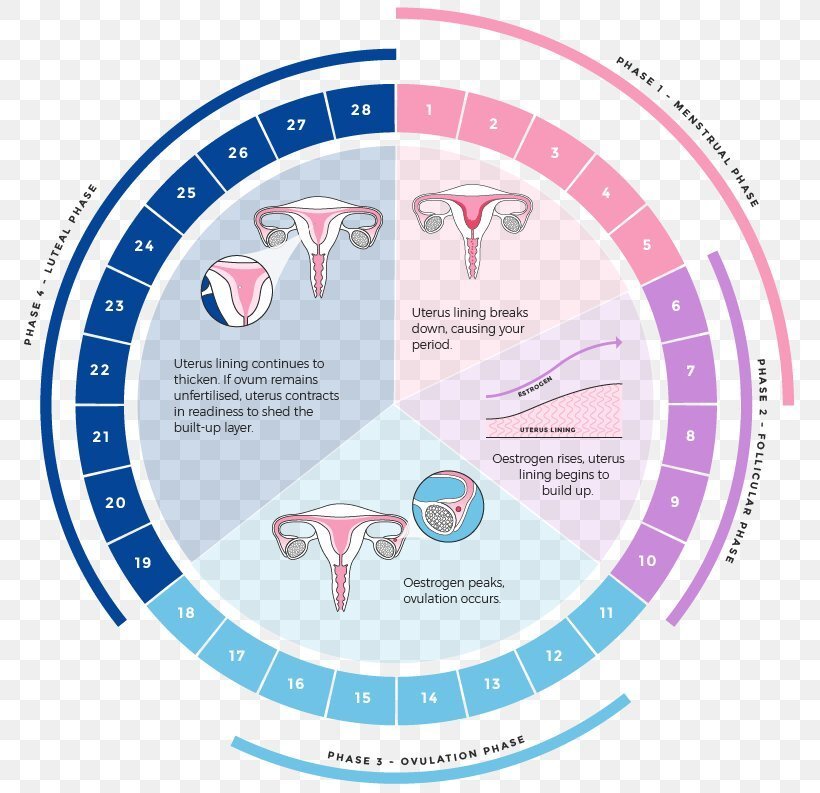
The egg dissolves if fertilization does not occur within 24 hours of being released by the ovary. Sperm can survive your body for up to 5 days, and if you have intercourse in the days leading up to ovulation, the sperm will be available when your egg is released.
If your monthly cycle is regular, you may be able to figure out when you are more likely to ovulate, but be cautious about overly narrowing it down as you may get it wrong.
Check your cervix
There will be an increase of LH (luteinizing hormone) in your urine before ovulation. This hormone triggers the release of the ripest egg.
Among the leading gynecologists in Mumbai, Dr. Hrishikesh Pai says that you will also feel your vaginal discharge becoming more slippery. This is to help sperm reach the released egg to fertilize it for a successful pregnancy.
So look out for your vaginal discharge; if it is thinner and stretchy, similar to raw egg white, you are more likely to be ovulating.
Keep a close check on your sexual desire
Some studies have revealed a connection between hormonal levels and sexual desire. When you ovulate, the hormones released by your ovaries alter, increasing your sexual desire.
If you feel especially seductive and experience a need to get physically intimate, your fertile period may be at its peak.
Maintain a healthy weight
Losing weight can increase your chances of becoming pregnant if you are overweight or obese. According to a study, women with a BMI (body mass index) above normal take twice as long to become pregnant as women having a normal BMI.
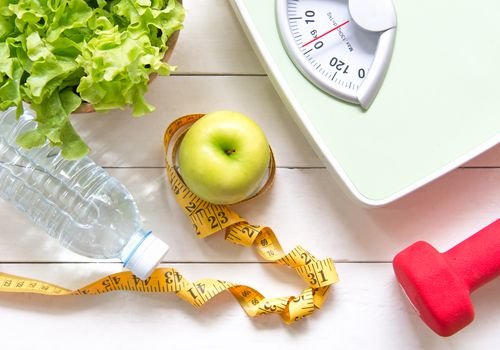
However, a 5 % – 10 % weight loss can significantly enhance ovulation and pregnancy rates.
Dr. Hrishikesh Pai cautions that while obesity can lead to infertility and low testosterone levels in men, infertility can also be caused by being significantly underweight.
Age affects fertility in women
Fertility declines with age, particularly after your mid-thirties. It also reduces the likelihood of effective fertility treatments.
If you are
- under 35 and have been unable to conceive after trying for more than a year
- above 35 and have been attempting for over 6 months
- want to delay having a child
Please consult Mumbai’s highly-skilled IVF specialist, Dr. Hrishikesh Pai, for safe and effective treatment options.
Age can affect fertility in men too
According to studies, sperm count and mobility, and sexual function decline as men age. However, there is no age when a man is considered too old to sire a kid. According to one study, it took men aged 45 and above longer to get their partner pregnant once they started trying.
If your significant other has a low sperm count or is older, speak with Dr. Hrishikesh Pai about how to improve your odds.
Ways to enhance male fertility
- Control your anxiety, calm your mind or spend time in activities you enjoy
- Avoid tobacco and alcohol
- Maintain a healthy weight
- Eat a zinc-rich diet (meat, seafood, eggs, whole grains), selenium (seafood, meat, mushrooms, Brazil nuts, cereals), and vitamin E (sunflower seeds, spinach, almonds, avocados, kiwifruit, shrimp, olive oil, wheat germ oil)
- Avoid extended saunas, hot baths, or hot tubs, which might lower the number of sperm in the testicles
What are the signs of pregnancy?
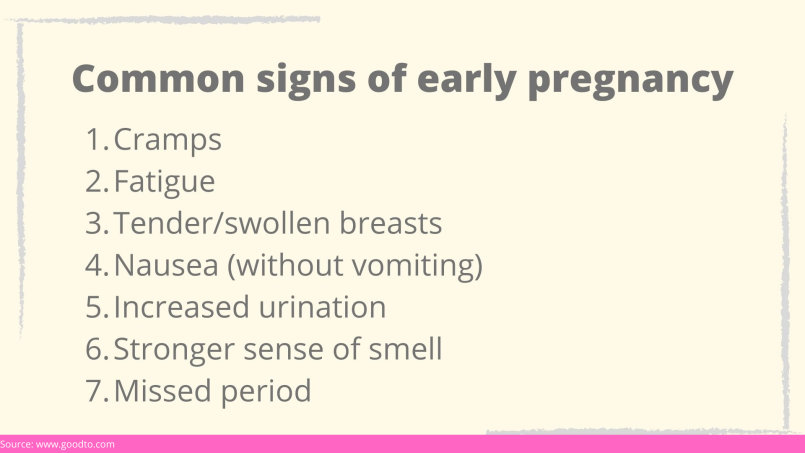
Following are the 5 initial signs of pregnancy
- A missed period
- The need to urinate often
- Getting tired easily
- Feeling nauseated early morning or throughout the day
- Breasts become more tender and larger
Conclusion

If you are trying to get pregnant, you may have many questions regarding how to get pregnant. Caring for yourself and your body is a fantastic place to start when it comes to improving your fertility.
If you are trying to conceive, the most critical advice is to learn about your body, particularly your menstrual cycle.
If you have tried all the options and cannot conceive, please do not delay. Schedule an appointment with the top-notch fertility specialist Dr. Hrishikesh Pai to assess what is causing the delay and the best treatment options for you.
Dr. Hrishikesh Pai has over 35 years of experience and expertise in his field and is one of the most trusted gynecologists in Mumbai.

